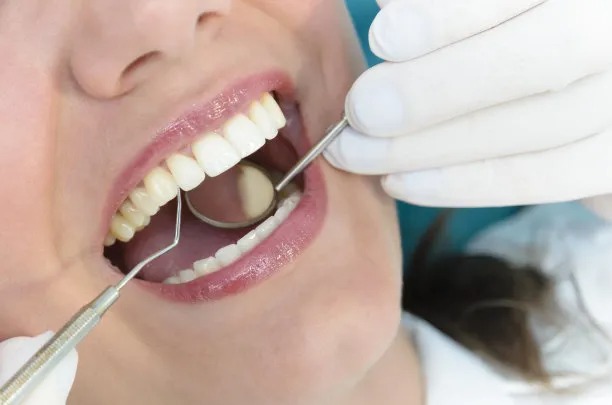Essential Precautions and Care Tips You Should Know Before Getting a Dental Filling Procedure
Summary: Dental fillings are a common procedure to treat cavities and restore tooth structure. However, before undergoing this treatment, its crucial to understand essential precautions and care tips. This article offers a comprehensive overview of the things you need to know, including the need for consultation, preparation steps, post-procedure care, and long-term oral hygiene practices. By following these guidelines, you can ensure a smoother experience and maintain your dental health effectively after getting a filling.
1. Importance of Consultation with Your Dentist

Before undergoing a dental filling procedure, it is vital to schedule a thorough consultation with your dentist. This initial visit allows the dentist to assess the extent of tooth decay and determine the most suitable filling material for your needs. A detailed examination may involve x-rays and tests to ensure the overall health of your teeth and gums.
During the consultation, engage in a discussion about your dental history, any allergies to materials, and your concerns about the procedure. Communication is key. Make sure to convey any prior experiences youve had with dental work, as this information can help tailor the procedure to your comfort level.
Additionally, dont hesitate to ask questions during this appointment. Understand the different types of fillings available, such as composite, amalgam, and gold materials, to make an informed choice. Knowing the benefits and potential drawbacks of each option will empower you in the decision-making process.
2. Preparation Steps to Take Before the Procedure
Preparing for a dental filling requires careful planning and self-care. First and foremost, ensure you have a reliable means of transportation to and from your appointment, especially if you plan to receive sedation. Having a friend or family member accompany you can be beneficial if anxiety is a concern.
On the day of the procedure, maintain a nutritious diet, but avoid heavy meals close to your appointment time. Eating a light snack is fine, but your dentist may recommend coming in with an empty stomach if you will be sedated. It鈥檚 also wise to refrain from certain medications or supplements that could interfere with the procedure; consult your dentist if youre unsure.
Another essential preparation step is to practice good oral hygiene before your dental filling. Brushing and flossing can help reduce bacteria levels in your mouth, minimizing the risk of infection during the procedure. This simple step can lead to a smoother experience both before and after the filling.
3. Post-Procedure Care and What to Expect
Following a dental filling, it is crucial to follow your dentists post-procedure care instructions carefully. For the first few hours, you may experience numbness in the treated area due to the anesthesia. It is recommended to wait until the numbness wears off before eating or drinking to avoid accidental bites on your cheek or tongue.
Once the numbness subsides, be gentle with your newly filled tooth. Stick to soft foods and avoid extremely hot or cold items within the first 24 hours. This precaution helps prevent sensitivity and discomfort post-procedure. Moreover, limit your intake of sugary snacks to ensure the filling sets properly and your tooth remains healthy.
If you experience prolonged pain or discomfort after the procedure, contact your dentist. While some sensitivity is normal, any severe or worsening pain should be addressed promptly to rule out complications like a potential allergic reaction or an improperly sealed filling.
4. Long-Term Oral Hygiene Tips for Filling Maintenance
Maintaining optimal oral hygiene is essential not only for the longevity of your dental filling but also for your overall dental health. It is vital to continue following a regular brushing routine, utilizing fluoride toothpaste, and flossing daily to keep decay at bay.
Additionally, schedule regular dental check-ups every six months. These visits allow your dentist to monitor the condition of your filling and surrounding teeth, ensuring that no new decay takes place. During these appointments, your dentist can also identify any other potential oral health issues early on, allowing for timely intervention.
Finally, consider dietary choices that promote oral health. Snacking on crunchy fruits and vegetables may help clean teeth naturally and combat plaque buildup. Staying hydrated is also beneficial, as water aids in saliva production, which is essential for neutralizing acids in the mouth. Taking care of your fillings is an integral part of your dental hygiene and overall health.
Summary:
Prioritizing dental fillings and understanding essential precautions can lead to a successful experience. Consultation with a dentist, proper preparation, attentive post-procedure care, and diligent long-term hygiene habits play critical roles in maintaining oral health. By following these guidelines, you can enhance your determination to preserve your dental work and enjoy optimal health.
This article is compiled by Vickong Dental and the content is for reference only.



